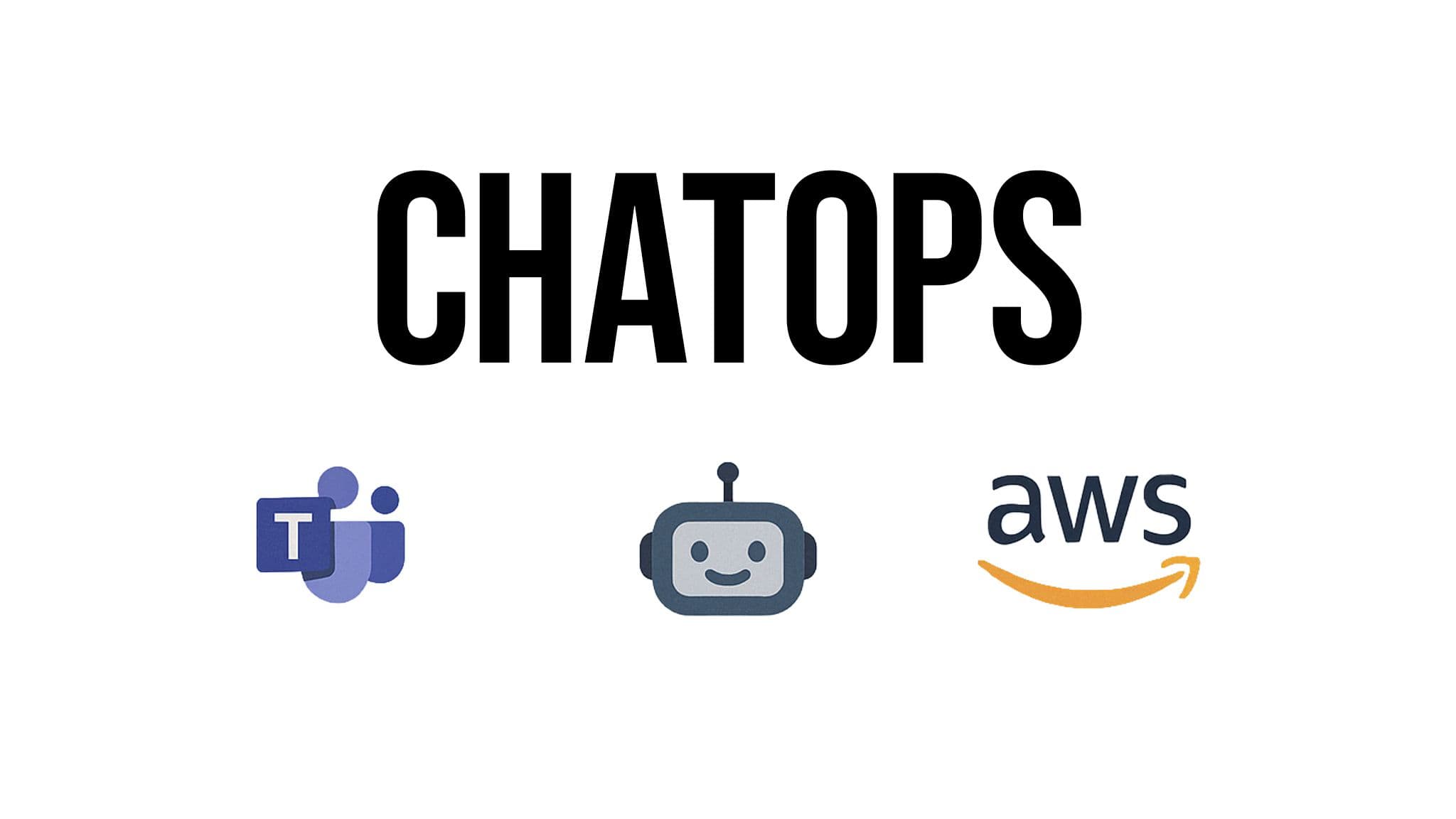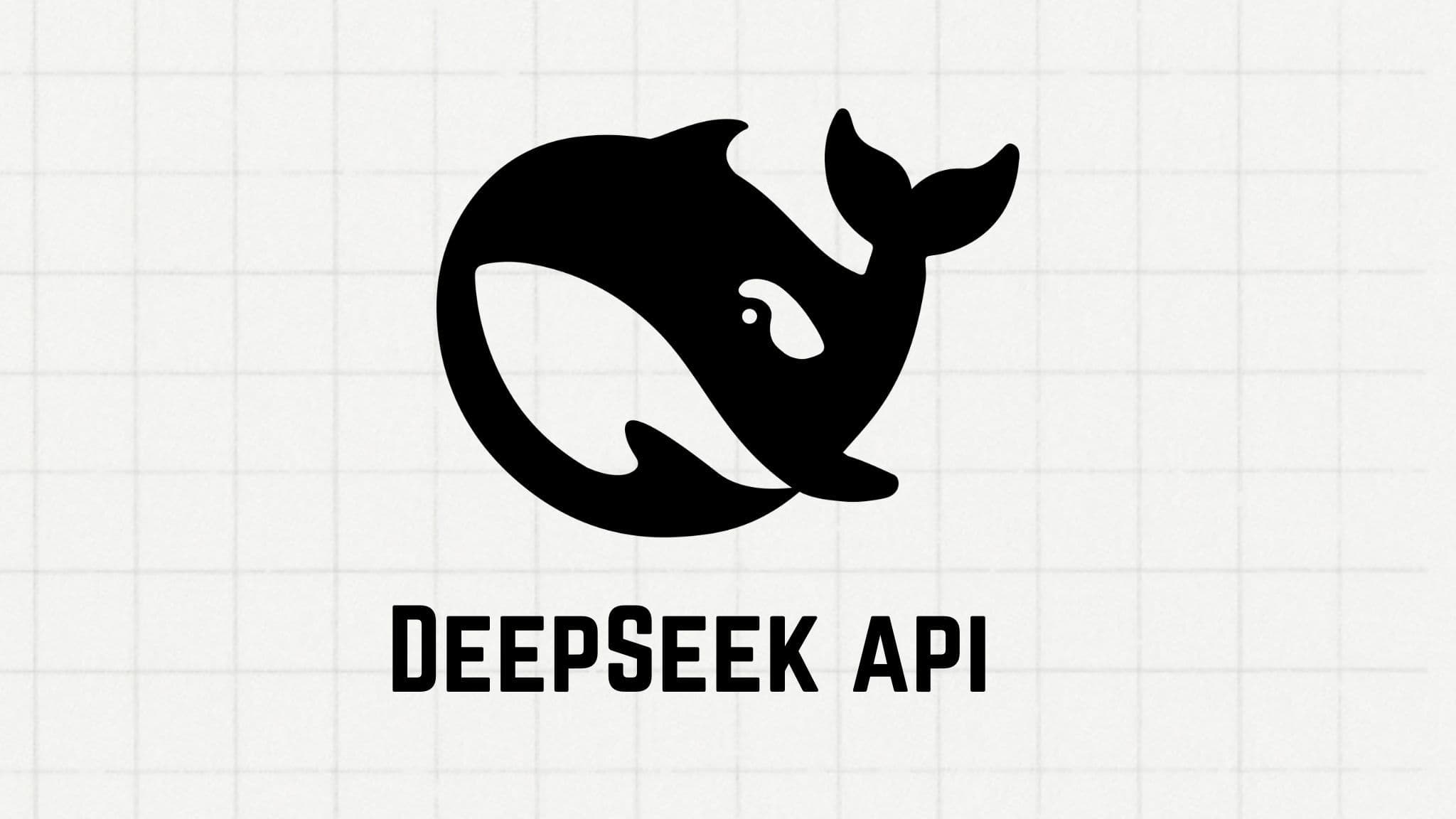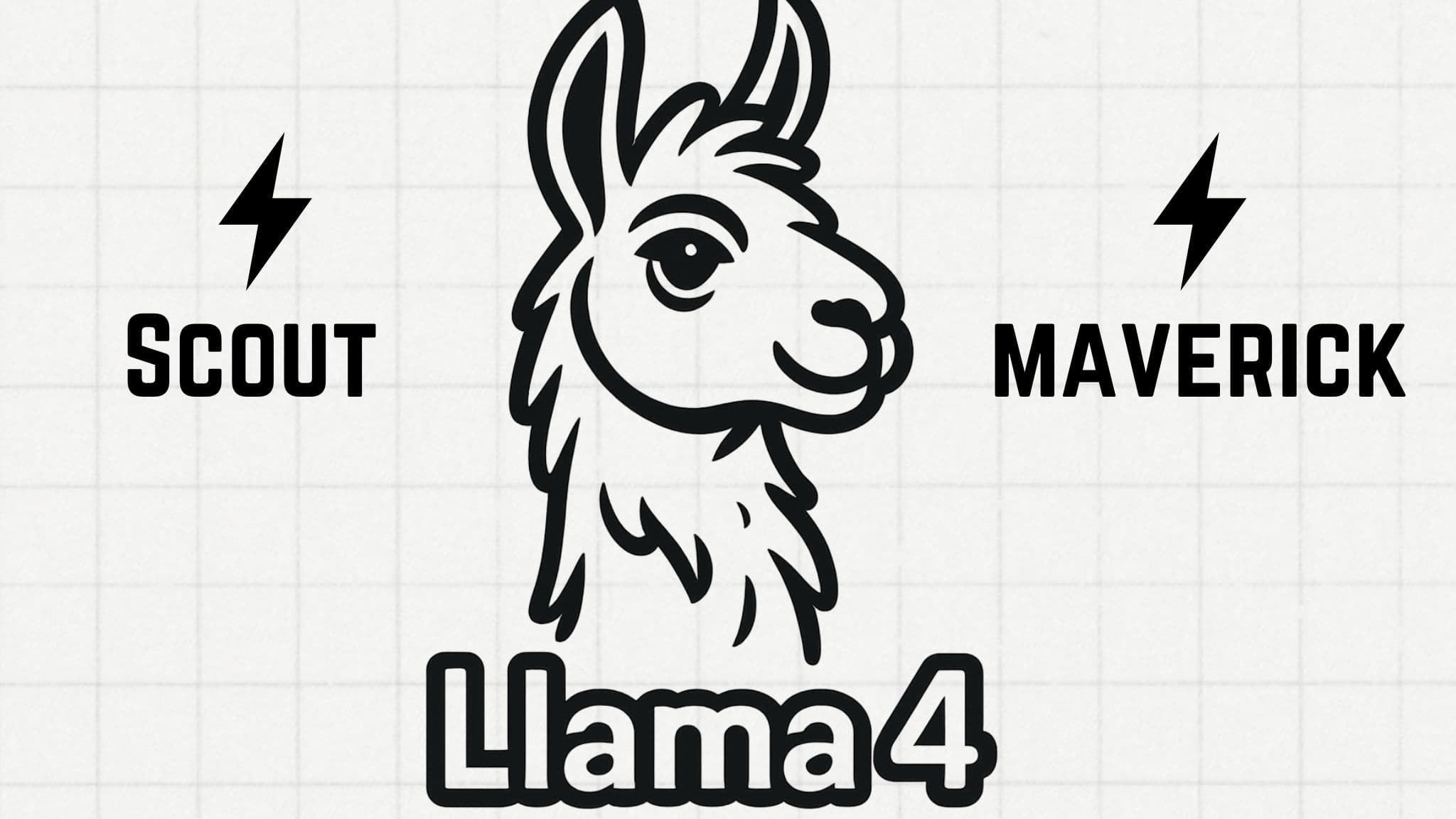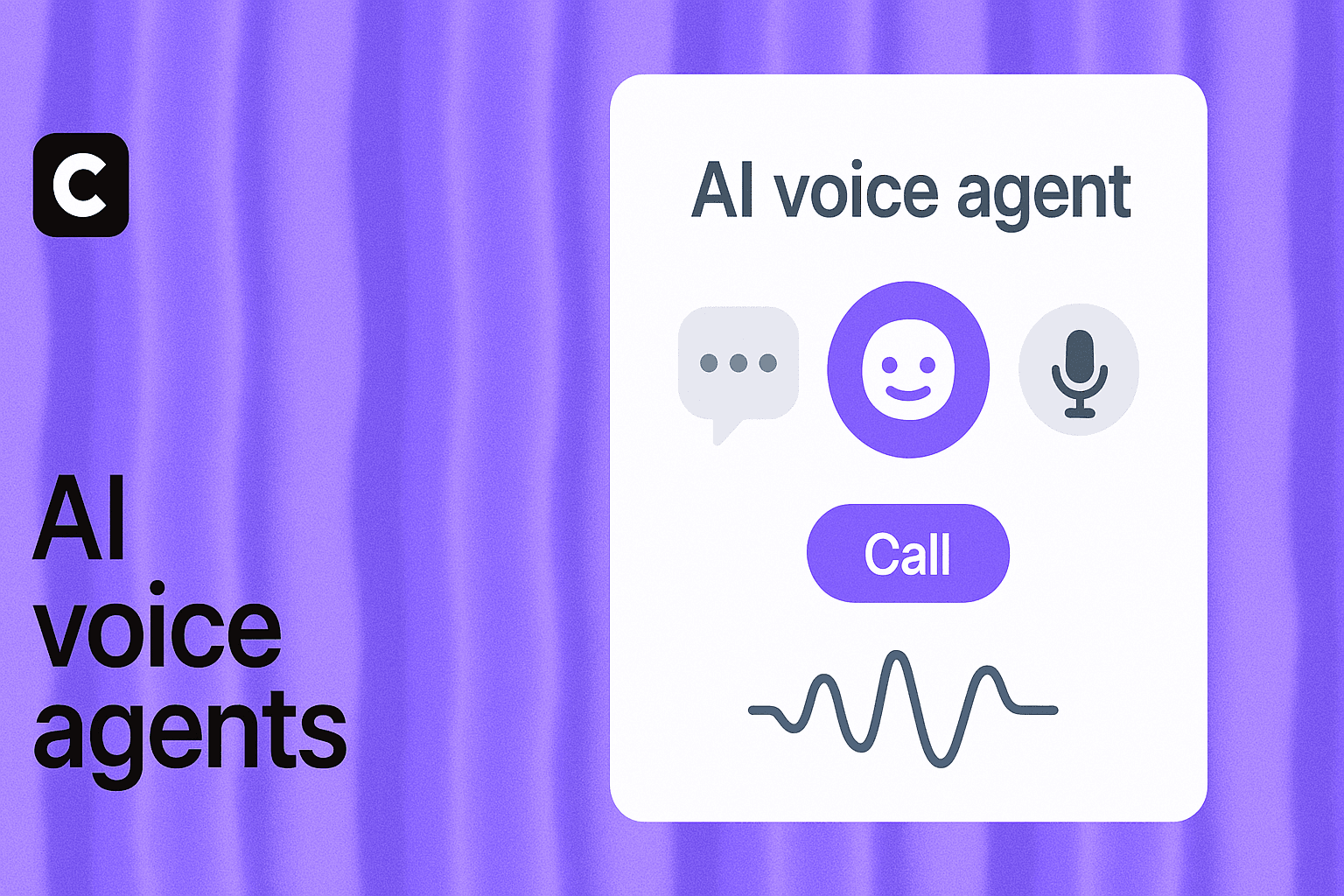AI Personalization: 5 Real-World Examples & Benefits
Ilias Ism
May 15, 2024
10 min read

Since the higher adoption of ChatGPT, customers expect personalized experiences tailored to their unique preferences and needs.
Artificial intelligence (AI) and machine learning have emerged as game-changers in this realm, enabling businesses to deliver hyper-personalized experiences at scale.
By leveraging AI-driven personalization, companies can enhance customer engagement, boost conversion rates, and foster long-term brand loyalty.
In this deep dive, we will explore the concept of AI personalization, its benefits, real-world use cases, and the challenges businesses face when implementing this transformative technology.
What is AI Personalization?
![[object Object]](/_next/image?url=https%3A%2F%2Fcdn.sanity.io%2Fimages%2Fi6kpkyc7%2Fprod-dataset%2Fd329a6975508b119ab3e4f69a0a8b4458a0b3219-1792x1024.png&w=3840&q=75&dpl=dpl_7tntgJB8iWm72dhiFLjd2bFj7E8m)
AI personalization is the use of artificial intelligence and machine learning algorithms to analyze vast amounts of customer data in real-time.
This includes demographics, browsing history, purchase patterns, social media interactions, and more.
By processing this data, AI systems can gain valuable insights into individual B2C & B2B customer preferences.
This enables businesses to deliver tailored experiences across various touchpoints throughout the customer journey.
The power of AI personalization lies in its ability to process and interpret massive datasets at lightning speed.
Something that would be virtually impossible for humans to achieve manually.
AI algorithms can identify patterns, predict customer behavior, and make data-driven decisions to optimize the user experience. Understanding how AI-driven personalization works enables businesses to enhance customer experiences by collecting and analyzing data like online behavior and purchase history.
Benefits of AI Personalization
![[object Object]](/_next/image?url=https%3A%2F%2Fcdn.sanity.io%2Fimages%2Fi6kpkyc7%2Fprod-dataset%2F3b965956b6d780a6e19cc8364afad0a1e787cede-1298x918.png&w=3840&q=75&dpl=dpl_7tntgJB8iWm72dhiFLjd2bFj7E8m)
Enhanced Customer Engagement: By delivering personalized content, product recommendations, and offers, businesses can capture customers' attention and keep them engaged. Incorporating a dynamic QR code allows businesses to provide real-time, customized experiences, directing customers to tailored content, exclusive offers, or interactive promotions. Personalized experiences make customers feel valued and understood, leading to increased interaction and brand loyalty.
Increased Conversion Rates: AI personalization helps businesses present the right products or services to the right customers at the right time. By analyzing customer data and behavior, AI algorithms can predict which products or offers are most likely to resonate with individual users. Thereby increasing the likelihood of conversion and driving revenue growth.
Improved Customer Retention: Personalized experiences create a strong emotional connection between customers and brands. When customers feel that their specific needs and preferences are being met, they are more likely to remain loyal and make repeat purchases.
Optimized Marketing Efforts: AI personalization enables businesses to target their marketing campaigns more effectively. By segmenting customers based on their preferences and behavior, companies can create highly targeted marketing messages that yield better results and higher ROI.
5 Examples of AI Personalization
![[object Object]](/_next/image?url=https%3A%2F%2Fcdn.sanity.io%2Fimages%2Fi6kpkyc7%2Fprod-dataset%2F1ea04f19f84f52e404213908f67d2e45dcac7ae7-2970x1570.png&w=3840&q=75&dpl=dpl_7tntgJB8iWm72dhiFLjd2bFj7E8m)
Chatbase.co: This AI chatbot platform leverages natural language processing and machine learning to enable businesses to create personalized conversational interfaces. By analyzing user interactions and sentiment, Chatbase helps companies deliver tailored customer service and support at scale.
Netflix: The popular streaming platform uses AI algorithms to analyze users' viewing history, ratings, and preferences. This allows Netflix to provide personalized content recommendations, keeping users engaged and reducing churn.
Amazon: Amazon's AI-powered recommendation engines are a prime example of personalization in ecommerce. By analyzing users' browsing and purchase history, Amazon suggests products that are likely to interest individual customers. Increasing the chances of additional purchases and enhancing the online shopping experience.
Starbucks: The coffee giant's mobile app uses AI to personalize the user experience. By analyzing customer data points such as location, purchase history, and preferences, Starbucks offers tailored product recommendations, rewards, and promotions to each user.
Sephora: The beauty retailer's Virtual Artist app uses AI and augmented reality to provide personalized product recommendations. Based on users' skin tone, facial features, and preferences. This innovative approach helps customers find the perfect products without the need for in-store trials.
Challenges in Implementing AI Personalization
![[object Object]](/_next/image?url=https%3A%2F%2Fcdn.sanity.io%2Fimages%2Fi6kpkyc7%2Fprod-dataset%2F7ba8f1b1b2394827b8c2340022a7589eb656fc65-1520x800.png&w=3840&q=75&dpl=dpl_7tntgJB8iWm72dhiFLjd2bFj7E8m)
Data Privacy and Security: As businesses collect and process vast amounts of personal data, ensuring data privacy and security becomes paramount. Companies must adhere to strict data protection regulations and implement robust security measures to safeguard customer information. Utilizing a credit monitoring service can also help detect and prevent fraudulent activities, adding an extra layer of protection for both businesses and customers.
Balancing Personalization and Privacy: While customers appreciate personalized experiences, they also value their privacy. Businesses must strike a delicate balance between leveraging customer data for personalization and respecting individuals' privacy preferences.
Integration with Existing Systems: Implementing AI personalization often requires integrating new technologies with existing systems and databases. This process can be complex and time-consuming, requiring significant resources and expertise.
Ensuring Data Quality: The effectiveness of AI personalization heavily relies on the quality and accuracy of the data being processed. Businesses must ensure that their data is clean, consistent, and up-to-date to avoid making inaccurate predictions or recommendations.
The Future of AI Personalization
![[object Object]](/_next/image?url=https%3A%2F%2Fcdn.sanity.io%2Fimages%2Fi6kpkyc7%2Fprod-dataset%2F61e06246e1f7e7b6442f4996c4b107387cc41d06-1520x800.png&w=3840&q=75&dpl=dpl_7tntgJB8iWm72dhiFLjd2bFj7E8m)
As AI technologies continue to advance, the possibilities for personalization are boundless.
In the near future, we can expect to see even more sophisticated AI systems that can analyze a wider range of data sources, including voice, images, and video.
This will enable businesses to deliver even more immersive and engaging personalized experiences.
The integration of AI with other emerging technologies, such as augmented reality (AR) and virtual reality (VR), will open up new avenues for personalization.
For example, retailers could use AI-powered AR to allow customers to virtually try on clothes or accessories. Providing a highly personalized shopping experience like never before.
Another exciting development is the rise of conversational AI, such as chatbots and virtual assistants. These AI-powered tools can engage with customers in natural language, providing personalized support, recommendations, and guidance. Additionally, AI-driven tools can now generate AI images, enabling businesses to create visually appealing and personalized content to enhance customer engagement. However, businesses should also be aware of the disadvantages of AI headshots, such as issues with authenticity, trust, and the potential for misuse in marketing materials.
As conversational AI becomes more sophisticated, businesses will be able to deliver even more human-like interactions. Further enhancing the customer experience and building stronger relationships.
With innovations coming from the US, UK, China, and even emerging regions like the Mexican AI industry, the development of AI personalization is becoming a truly global effort.
Conclusion
In today's intensely competitive market, AI personalization has become an essential tool for businesses across various industries. By leveraging the power of artificial intelligence and machine learning, companies can gain a competitive edge.
Delivering highly tailored experiences that meet and exceed customer expectations. However, implementing AI personalization is not without its challenges.
Businesses must navigate data privacy and security concerns, strike a balance between personalization and privacy, and ensure the quality and accuracy of their data.
As AI technologies continue to evolve, the future of personalization looks incredibly promising. By embracing AI personalization as part of their overall business strategy, companies can stay ahead of the curve.
Differentiate themselves from competitors, and build lasting relationships with their customers in the age of artificial intelligence.
Share this article:






